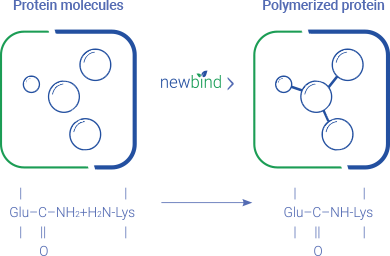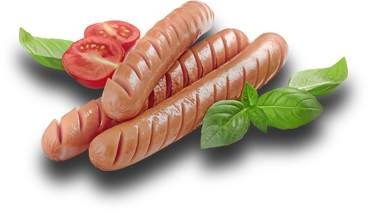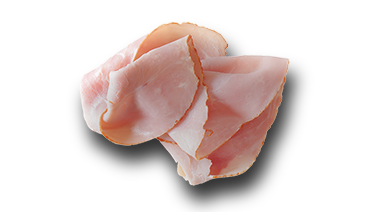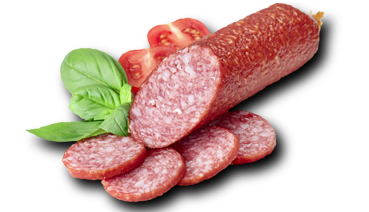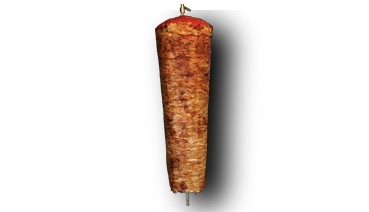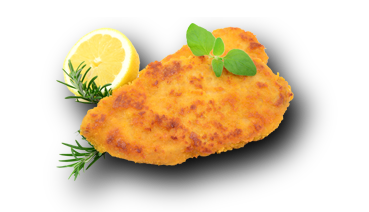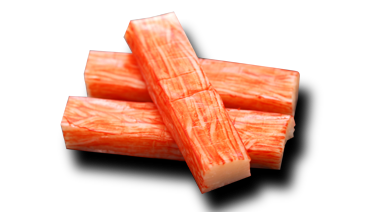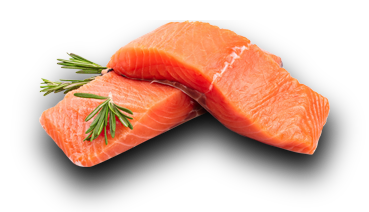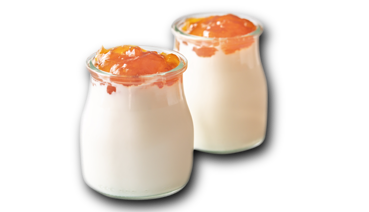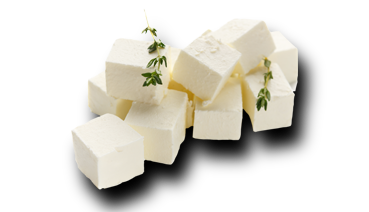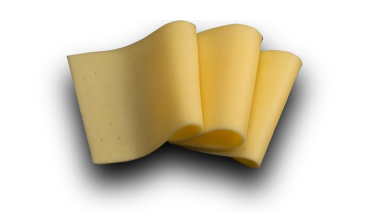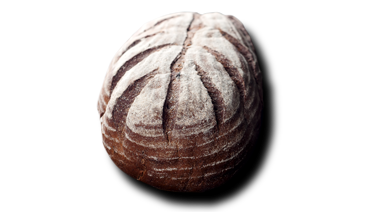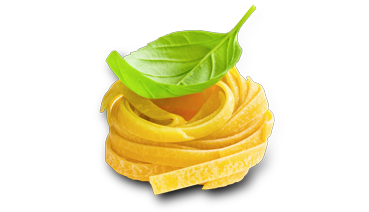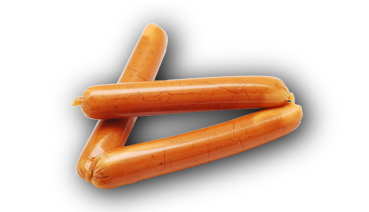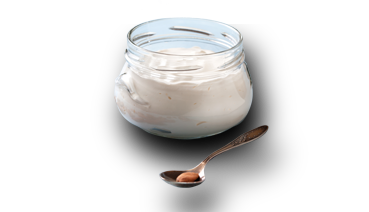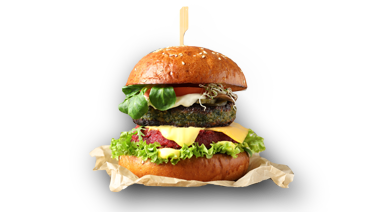Transglutaminase (TG) is a natural enzyme (protein) that is widely distributed in nature. There is transglutaminase of animal origin (used in medicine) and transglutaminase of bacterial origin. Our NewBind transglutaminase is obtained by a fermentation process of the bacterium Streptomyces mobaraensis.
The bacterium Streptomyces mobaraensis belongs to the genus Streptomyces, which occur mainly in soils, which produce fragrances such as characteristic smell of forest soil.
Our NewBind transglutaminase is free of genetic engineering and can be processed in all vegan, vegetarian and animal foods. In addition, it is halal and kosher.
The TG catalyzes the cross-linking of the amino acids lysine and glutamine. This bond is thermostable and physically resistant to stress. The NewBind transglutaminase is not part of the binding and has no function in the
final product.


